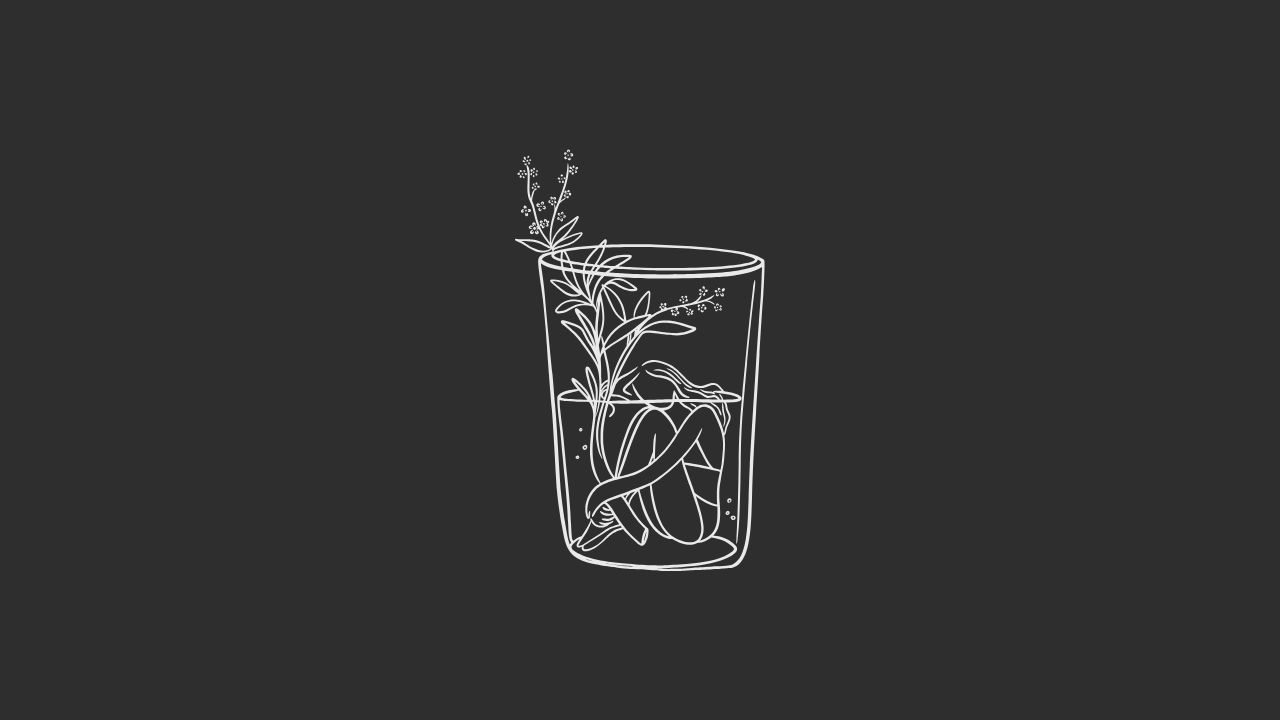
3 Reasons Alcohol Use in Black Women Veterans Is Overlooked (and What We Can Do About It)
Jun 03, 2025When you think of a veteran struggling with alcohol use, what image comes to mind?
For most people, it’s not a Black woman.
Black women veterans often navigate a unique intersection of challenges—bearing the weight of military service, societal expectations, and the journey toward sobriety. While our contributions are immense, our battles with substance use and the pursuit of recovery are frequently overlooked.
We’re often seen as resilient, resoundingly dependable, and fiercely competent. However, behind the camouflage, dress uniforms, and caretaking, many of us are carrying invisible wounds that we were told to drink away, tough it out, set aside, ignore, or hide.
The struggle concerning alcohol use in Black women veterans is real.
It’s time we talk about the truth: alcohol use among Black women veterans is under-acknowledged, under-researched, and often unseen—not because we’re not suffering, but because we’ve been taught to do it quietly.
Here are three reasons why it happens and what we can do about it.
Why Our Battle Stays Hidden
1. We're expected to be strong, even when we're at our breaking point.
Culturally and institutionally, we’ve been conditioned to endure: from carrying more than our share to being the glue, the anchor, and the rock. So when we start using alcohol to cope, no one stops us. Why would they?
We still look “fine” while getting things done.
This looks like overworking, wine after nite-nite routines, and a high-functioning hustle until we quietly unravel like rope. This "strength narrative" makes it harder for people, particularly in professional settings, to recognize our distress.
However, being high-functioning doesn’t mean we’re not hurting.
2. The system was not built with us in mind.
Veteran services and mainstream recovery programs often miss the intersection of race, gender, and service trauma. That means we're less likely to be screened or asked about alcohol use, and less likely to be referred to care.
When we do seek help, whether that’s walking into a room or joining an online support group, we often don’t see ourselves in the rooms, the facilitators, or the recovery frameworks and materials. Without a doubt, that gap creates a dangerous silence that keeps us stuck and ashamed.
We’re met with language that doesn’t speak to our experiences, and that only deepens our silence.
3. We’re not given safe, culturally aligned spaces to heal.
Here’s the truth: a lot of us don’t feel safe talking about our drinking. Not because we don’t want help, but because the help hasn’t felt like it was made for us.
Many of us don’t feel safe in spaces where we’re misunderstood. We need spaces where we can take off the uniform and the mask—and still be honored in our full humanity. Spaces where our emotions are welcome and we’re not just another statistic, but a beautiful story unfolding.
We need a soft landing where our stories are held with care and not scrutiny and judgment. This includes a space where recovery is rooted in cultural understanding with coaches and communities that understand the intersection of service, trauma, race, and womanhood.
What We Can Do About It (Together)
This is why I created the Self-Trust Reset Series and the elorasong Healing Hub. We deserve culturally rooted support that understands our silence, our service, and our strength.
Whether you’re just beginning to question your relationship with alcohol, you’ve been quietly managing sobriety for years, or you’ve been on this sobriety journey for a while—there is space for you here. No shame. No pressure. Just truth, healing, and sisterhood.
I want you to know: You’re not broken. You’re just ready for something better … and you don’t have to figure it out alone.
Your Next Step
If this spoke to you, I want to personally invite you to one of two next steps:
🌿 Join The Healing Hub and receive a free trial. Start with Planting Seeds for gentle reflection or dive deeper with In Bloom for monthly recovery meetups.
🌿 Take the Recovery Personality Quiz.
🌿 Start the Free Self-Trust Reset Series (no email required to begin).
You don’t have to wear the mask anymore. You don’t have to heal alone.
Until next time … stay encouraged.
Elora



